This article was co-authored by Lyssandra Guerra. Lyssandra Guerra is a Certified Nutrition & Wellness Consultant and the Founder of Native Palms Nutrition based in Oakland, California. She has over five years of nutrition coaching experience and specializes in providing support to overcome digestive issues, food sensitivities, sugar cravings, and other related dilemmas. She received her holistic nutrition certification from the Bauman College: Holistic Nutrition and Culinary Arts in 2014.
There are 21 references cited in this article, which can be found at the bottom of the page.
This article has been viewed 31,864 times.
Low blood sugar levels (hypoglycemia) can wake you up in the middle of the night with feelings of anxiousness, nausea, dizziness and hunger. Nighttime hypoglycemia is a common concern for Type 1 diabetics, since the pancreas no longer secretes insulin to compensate for the lows. Keeping track of your diet to ensure adequate protein, complex carbohydrates, and healthy fats is equally important for anyone who is experiencing low blood sugar at night.[1] If you are diabetic, it is important to monitor your blood sugar levels throughout the day and especially at night to prevent hypoglycemia. In addition, you should find a bedtime routine that is both comfortable and predictable while avoiding exercise, alcohol and other disruptions of your regular nighttime routine.
Steps
Avoiding Triggers of Low Blood Sugar Levels at Night
-
1Keep a consistent bedtime routine. Changes in your bedtime routine such as eating late, exercising in the evening, or other shifts in activity can cause low blood sugar at night. It is best to stick to a regular routine before going to bed, including in relation to when you eat, take insulin shots, and exercise.[2]
-
2Avoid exercising at night. If you exercise in the evening, you might reduce your blood sugar levels and possibly experience low blood sugar levels during sleep.[3]
- If you must exercise in the evening, remember to eat a modest snack to help maintain your glucose levels.
- Keep in mind if you exercised vigorously or for a prolonged period of time earlier in the day, this can affect your insulin sensitivity for up to 24 hours. You may need to adjust your insulin regimen accordingly.
Advertisement -
3Avoid alcoholic drinks at night. If you drink in the evening, your body will be at a higher risk of low blood sugar levels. Your liver may be too busy getting the alcohol out of your system to produce enough glucose during the night.[4]
-
4Eat dinner earlier in the evening. If you eat dinner late in the evening or only a couple hours before going to sleep, you may experience low blood sugar at night. To avoid this problem, try eating dinner earlier in the evening.[5]
- If you must eat a late dinner, you may need to use a fast acting insulin such as aspart [6] or lispro[7] instead of your regular insulin. Be sure to consult with your doctor. These fast acting insulins stop lowering glucose levels after two to four hours as opposed to three to six hours for regular insulin medications, so you will be less likely to experience nighttime hypoglycemia. However, you should be aware that each unit of fast acting insulin can potentially lower your blood glucose more at nighttime than if you were to take the equivalent unit during the day.
- You should also take note of any insulin that remains in your system from previous doses of insulin medication. If you take too much fast acting insulin at night to cover eating late, you can inadvertently cause more nighttime hypoglycemia.[8]
Stabilizing Your Blood Sugar Levels with Diet
-
1Meet with a diabetes educator or nutritionist. It is important to work with a diabetes educator or a nutritionist who specializes in diabetes to develop an appropriate eating plan. Follow the eating plan that your diabetes educator or nutritionist designs for you. Also, make sure to let them know if you are struggling with any part of the plan.
-
2Try a protein rich snack before going to bed. By trying different types of snacks such as raisins or nuts, you will get a feel for which snacks work best for avoiding low blood sugar at night.[9]
- Try eating peanut butter on apple slices.[10]
- Try a food product designed specifically for nighttime hypoglycemia. There are a variety of snacks designed specifically to prevent low blood sugar levels at night without inducing any excessive rises in blood sugar levels.[11] You might try Choice DM, Ensure or Extend.
- Try eating some Greek yogurt.[12] Greek yogurt is a great source of protein, although you should keep an eye on the sugar content, especially in flavored varieties.[13]
- Enjoy a stick of beef jerky at night. This snack has loads of protein, but you should keep an eye on the sodium content in these snacks.[14]
-
3Eat a protein rich breakfast. You can try eating eggs and bacon or eggs and beans in the morning.[15] A protein rich breakfast will help you stabilize your blood sugar levels through the day. By having consistent blood sugar levels during the day, you will be less likely to experience problems in the evening.
-
4Avoid simple carbohydrates. You should try to avoid simple carbohydrates such as white rice or white bread. A diet high in such carbohydrates can cause rapid rises in your blood sugar levels, which are followed by crashes.[16] Instead, try to eat a limited amount of complex carbohydrates such as brown rice or seven grain bread.[17]
-
5Eat whole grain, high fiber carbohydrates. Consume whole grain, complex carbohydrates to control blood sugar levels.[18] Whole grain, complex carbohydrates with lots of fiber include lentils, brown rice, brown bread, and whole grain cereals.
- Try integrating peas, lentils, and beans into your diet, since these foods include carbohydrates, fiber, plenty of flavor and keep you full for a long time.[19]
- Enjoy whole grain cereal in the morning.[20]
- Eat a slice of whole grain bread as a snack.[21]
- Serve a cup of brown rice with lentils for dinner.[22]
-
6Enjoy herbal tea in the evening. Instead of pop or juice, which contain lots of sugar, try drinking herbal tea, like hibiscus, cinnamon, rooibos, or mint tea, in the evening. A cup of herbal tea will calm your nerves and get you ready for bed. Chamomile is another good choice.[23]
- If you do not like hot tea, try drinking a cup of iced herbal tea in the evening.[24]
Coping with Low Blood Sugar Levels at Night
-
1Check your blood glucose an hour before going to bed. By checking your blood glucose levels, you will be able to determine whether your blood sugar is low or high. If it is low, you can treat the low blood sugar by having a snack.[25]
- Tell your doctor about any fluctuations in your blood glucose levels at night. You may need to change your insulin injections if your blood sugar is either too low or too high before going to bed.[26]
-
2Test and have a snack if you wake up at night with low blood sugar. If symptoms of low blood sugar cause you to wake up in the middle of the night, then the first thing you will need to do is test your blood sugar. Then, you can have a snack to help raise your glucose level if it is low.
- If your glucose level is low (typically less than 70), then you can eat 15 grams of carbohydrates, such as 4 oz of fruit juice or 7 to 8 pieces of gummy or regular lifesavers.
- Then, wait 15 minutes and retest. If your blood glucose level is still low, repeat the same snack.
- If your blood glucose level is above 70 and your next meal is more than an hour away, then eat another 15 gram carb snack.[27]
-
3Ask your doctor about your blood glucose levels. If you are currently on a tight blood glucose control schedule and experience nighttime hypoglycemia, you should ask your doctor if you are taking the right kind and amount of insulin during the day.
- You might ask your doctor whether you should replace your regular with a fast acting insulin at night.[28]
- You might ask your doctor: “Should I try a fast acting insulin to prevent nighttime hypoglycemia?”
Expert Q&A
Did you know you can get expert answers for this article?
Unlock expert answers by supporting wikiHow
-
QuestionHow can I change my diet to prevent low blood sugar in my day to day life?
 Lyssandra GuerraLyssandra Guerra is a Certified Nutrition & Wellness Consultant and the Founder of Native Palms Nutrition based in Oakland, California. She has over five years of nutrition coaching experience and specializes in providing support to overcome digestive issues, food sensitivities, sugar cravings, and other related dilemmas. She received her holistic nutrition certification from the Bauman College: Holistic Nutrition and Culinary Arts in 2014.
Lyssandra GuerraLyssandra Guerra is a Certified Nutrition & Wellness Consultant and the Founder of Native Palms Nutrition based in Oakland, California. She has over five years of nutrition coaching experience and specializes in providing support to overcome digestive issues, food sensitivities, sugar cravings, and other related dilemmas. She received her holistic nutrition certification from the Bauman College: Holistic Nutrition and Culinary Arts in 2014.
Certified Nutrition & Wellness Consultant
References
- ↑ Lyssandra Guerra. Certified Nutrition & Wellness Consultant. Expert Interview. 25 March 2020.
- ↑ https://www.sleepfoundation.org/physical-health/sleep-and-blood-glucose-levels
- ↑ https://www.joslin.org/patient-care/diabetes-education/diabetes-learning-center/avoiding-nighttime-hypoglycemia
- ↑ http://www.joslin.org/info/avoiding_nighttime_lows.html
- ↑ http://www.joslin.org/info/avoiding_nighttime_lows.html
- ↑ https://www.drugs.com/mtm/insulin-aspart.html
- ↑ https://www.drugs.com/insulin-lispro.html
- ↑ http://www.diabetesselfmanagement.com/managing-diabetes/blood-glucose-management/exorcising-the-specter-of-nighttime-hypoglycemia/
- ↑ http://www.diabeticlivingonline.com/complications/blood-sugar/sleep-safe-sound-avoiding-overnight-low-blood-sugars?page=0%2C1
- ↑ http://www.diabeticlivingonline.com/complications/blood-sugar/sleep-safe-sound-avoiding-overnight-low-blood-sugars?page=0%2C1
- ↑ http://www.diabetesselfmanagement.com/diabetes-resources/definitions/nighttime-hypoglycemia/
- ↑ https://dtc.ucsf.edu/pdfs/FoodLists.pdf
- ↑ https://health.clevelandclinic.org/what-are-the-best-sources-of-protein/
- ↑ https://lluch.org/sites/lluch.org/files/docs/pediatric-diabetes-center/guidelines-for-managing-diabetes-mellitus-in-children.pdf
- ↑ http://universityhealthnews.com/daily/sleep/do-you-bolt-awake-at-3-a-m-low-blood-sugar-symptoms-may-be-to-blame/
- ↑ https://medlineplus.gov/ency/article/007430.htm
- ↑ http://www.pcrm.org/health/diets/recipes/complex-carbohydrates-vs-simple-carbohydrates
- ↑ http://www.pcrm.org/health/health-topics/hypoglycemia-and-diet
- ↑ https://www.diabetes.org/healthy-living/recipes-nutrition/understanding-carbs/types-carbohydrates
- ↑ http://www.pcrm.org/health/health-topics/hypoglycemia-and-diet
- ↑ http://www.pcrm.org/health/health-topics/hypoglycemia-and-diet
- ↑ http://www.pcrm.org/health/health-topics/hypoglycemia-and-diet
- ↑ https://www.hsph.harvard.edu/nutritionsource/food-features/tea/
- ↑ https://www.ncbi.nlm.nih.gov/pmc/articles/PMC4055352/
- ↑ http://www.diabeticlivingonline.com/complications/blood-sugar/sleep-safe-sound-avoiding-overnight-low-blood-sugars
- ↑ http://www.diabeticlivingonline.com/complications/blood-sugar/sleep-safe-sound-avoiding-overnight-low-blood-sugars
- ↑ https://www.niddk.nih.gov/health-information/diabetes/preventing-diabetes-problems/low-blood-glucose-hypoglycemia
- ↑ http://www.diabetesselfmanagement.com/diabetes-resources/definitions/nighttime-hypoglycemia/
- ↑ http://www.diabetesselfmanagement.com/managing-diabetes/blood-glucose-management/exorcising-the-specter-of-nighttime-hypoglycemia/

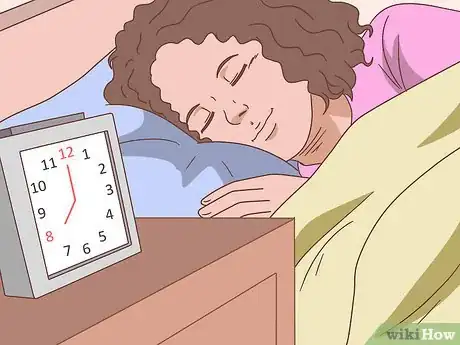
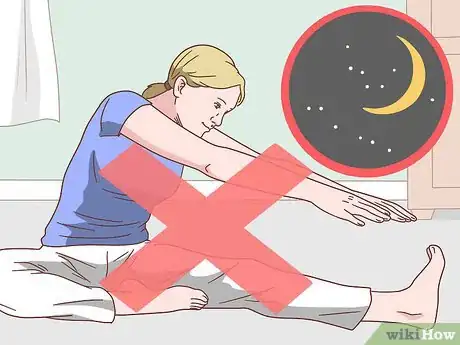
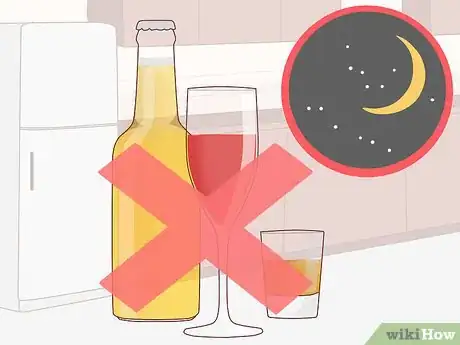
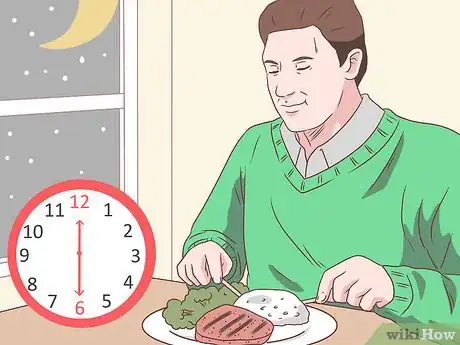

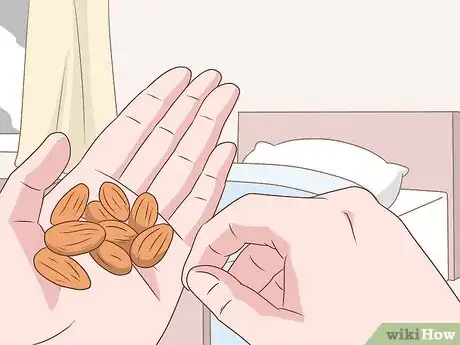
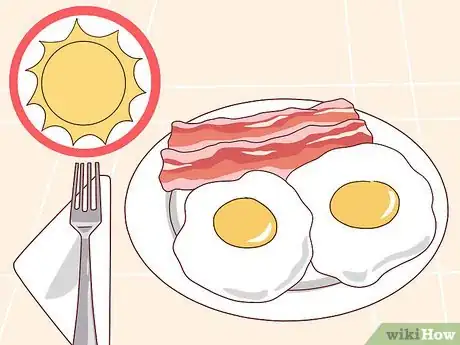
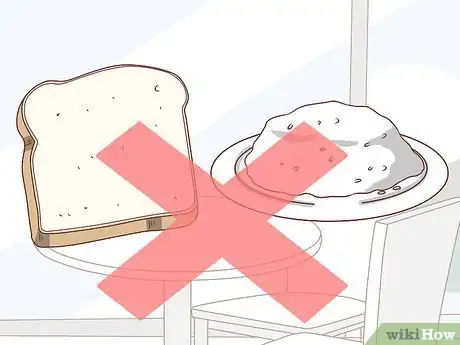
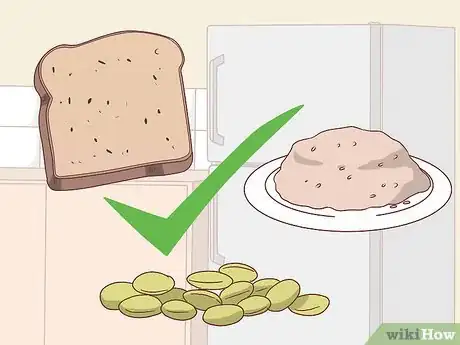
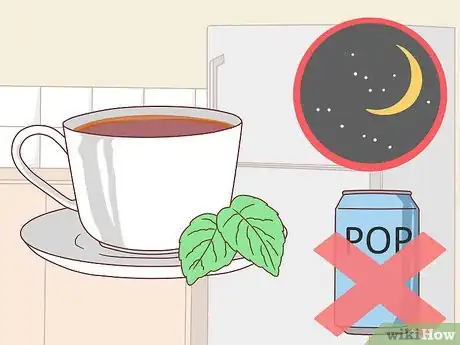
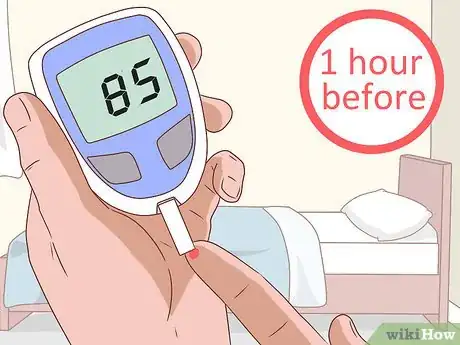

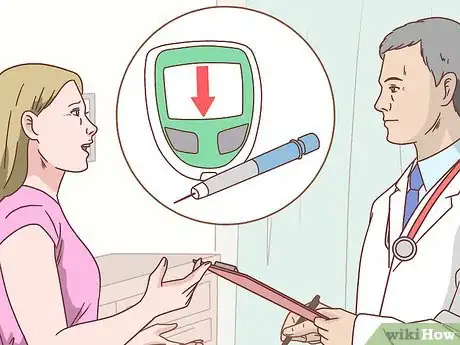

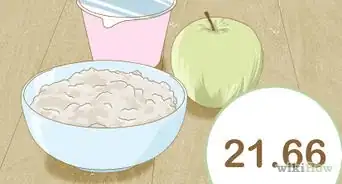
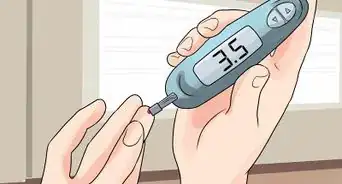




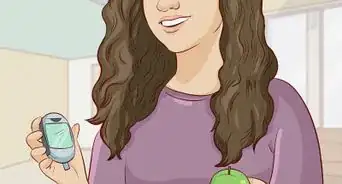
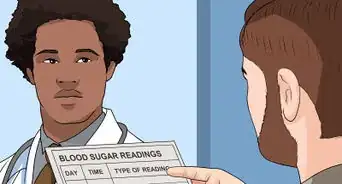
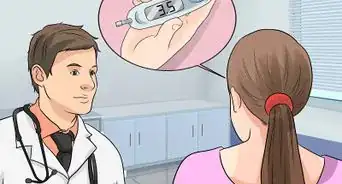







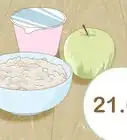
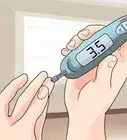




































Medical Disclaimer
The content of this article is not intended to be a substitute for professional medical advice, examination, diagnosis, or treatment. You should always contact your doctor or other qualified healthcare professional before starting, changing, or stopping any kind of health treatment.
Read More...